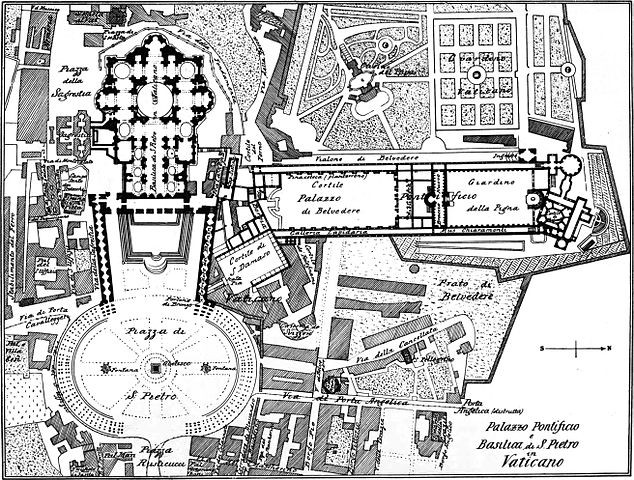Fantasy Roleplaying in the Real World
For many years I have disliked the idea of setting a D&D campaign in the “real world”. I have recently come around to the idea however, thanks to various Lamentations of the Flame Princess adventures and an article in Undercroft 3 (my favourite zine of the moment). There are cons of course, so I thought I would try to weigh them out here.
The biggest advantage by far, is the instant recognition of cultures without having to build them up gradually for players. If want to introduce a new culture in my homebrew, it will be many sessions of feeding information to the players slowly before they really have a good overview of the culture and why it matters to the game. Of course, I could present a wall of text to impart all the information, but very rarely in roleplaying games is that a good idea. Recognition of cultures isn’t just some airy-fairy ideal, it allows a GM to describe an NPC in far fewer words than would be necessary with made up cultures. “A bearded russian in a bearskin” conjures images far stronger than if I gave much more description of a fantasy culture. Stereotypes are very useful for imparting information and allow GMs to easily improvise on top of these frameworks.

It’s not just cultures that evoke instant and strong imagery in the minds of players. Places(The Vatican), organisations (the Catholic Church) and people (Leonardo da Vinci) all need no more introduction. This doesn’t prevent the Catholic Church from concealing a captured pagan god under the Vatican, or Leonardo da Vinci from being an elf. I have found instead, that it gives the elements of fantasy a wonderful grounding in normality. In Making Magic Magical, I talked about making the magic of the PCs and any strangeness stand out even more. This grounding in reality helps the suspension of disbelief, something I take very importantly whether I am playing in, or running the game.
Not all game types can be run in the real world. Sure, a Mage: The Whatevering and other similar modern games dramatically dial up the fantastic elements of the real world, but a Spelljammer or Planescape game completely defeats any benefits you would get from using a real world setting. If a real world backing would distract from your core concept of a world that lies on the back of the Terrasque again, it’s a bad idea to use it.
Our history is an incredibly rich resource to draw

on, but using historical sources doesn’t mean you need to set a campaign in the real world. Nocte draws inspiration and in many cases directly steals from Edwardian and Victorian English social histories, as well as renaissance Florence and of course, medieval history. Even a thin veneer of fantasy over an interesting historical character or location is usually acceptable.
Even if you just can’t bring yourself to set your next campaign in the real world, you would still be well advised to draw on historical cultures and stories to add depth and a grounded familiarity to your campaign.